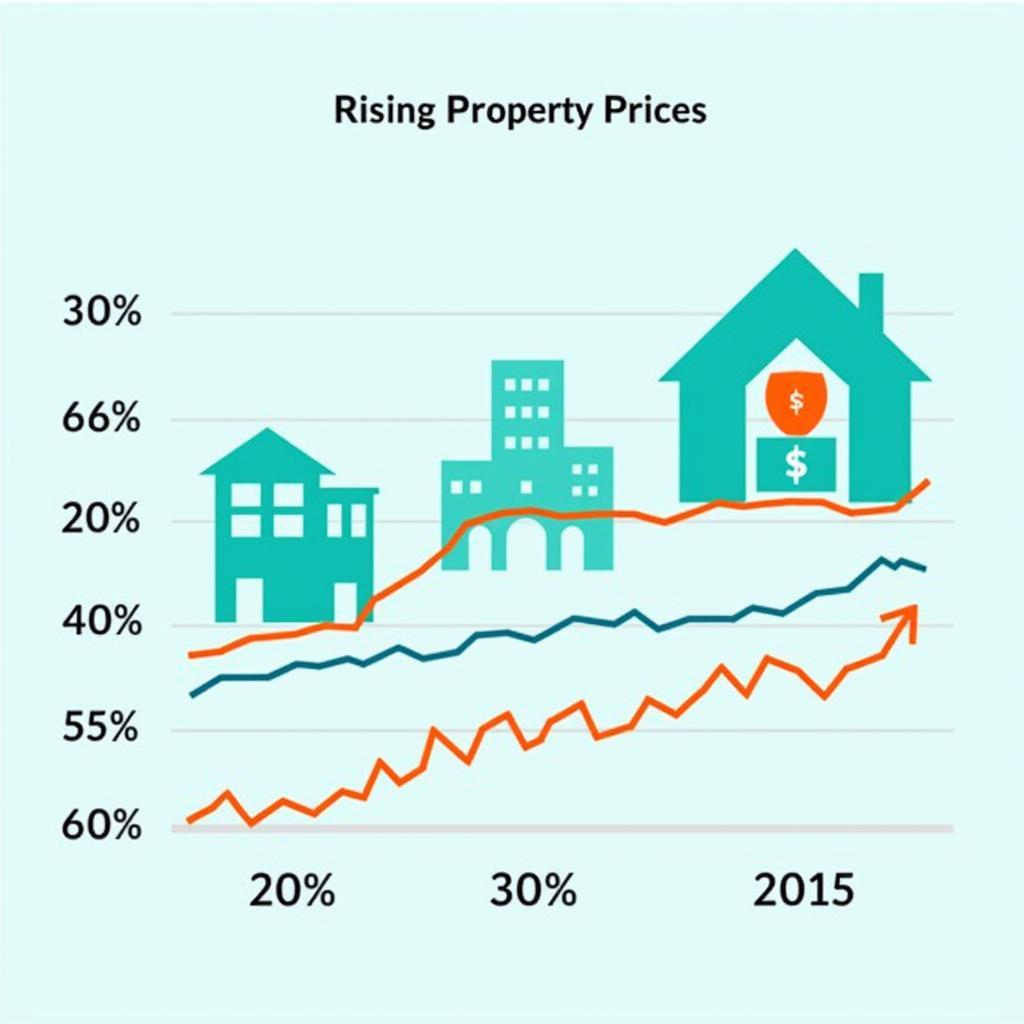Foreign investment in real estate has been a recurring theme in IELTS Writing Task 2, appearing approximately 2-3 times annually since 2019. Based on analysis of past exam topics, this theme commonly emerges in essays about urban development, housing affordability, and economic policies. Here’s a relevant question that has appeared in recent IELTS tests:
Some people believe that foreign investment in residential property drives up housing prices, making it difficult for local residents to buy homes. Others argue that such investment benefits the local economy. Discuss both views and give your opinion.
Analysis of the Question
- Topic: Foreign investment’s impact on local housing markets
- Task: Discuss both perspectives and provide personal opinion
- Key elements to address:
- Rising property prices
- Housing affordability for locals
- Economic benefits
- Balance between different viewpoints

Band 8 Sample Essay
Foreign investment in residential property markets has become a contentious issue in many countries, with valid arguments both for and against such investments. While some claim it creates housing affordability challenges for local residents, others emphasize its positive economic impact. In my view, while foreign investment can stimulate economic growth, it requires careful regulation to protect local housing accessibility.
The primary concern about foreign property investment is its potential to inflate housing prices beyond local buyers’ reach. When wealthy international investors enter local markets, they often have greater purchasing power, driving up property values and outbidding local residents. For instance, in cities like Vancouver and Sydney, substantial foreign investment has coincided with dramatic increases in housing prices, making homeownership increasingly difficult for average local earners.
However, proponents argue that foreign investment brings significant economic benefits. Such investment often stimulates construction activity, creates jobs, and generates tax revenue for local governments. Additionally, it can lead to improved infrastructure and housing quality as developers compete to meet international standards. For example, many Asian cities have seen rapid modernization of their housing stock due to foreign investment, benefiting both local residents and the construction industry.
In my opinion, the key lies in balanced regulation. Governments should implement policies that harness the economic advantages of foreign investment while protecting local buyers. This could include measures such as foreign buyer taxes, quotas on foreign ownership, or requirements for international investors to develop new properties rather than purchasing existing ones. These approaches have proven effective in countries like New Zealand and Singapore.
Band 6.5 Sample Essay
Nowadays, foreign investment in housing is a big problem in many countries. Some people think it makes houses too expensive for local people, but others say it helps the economy. I will discuss both sides and give my opinion.
First, foreign buyers often have more money than local people. When they buy houses, prices go up a lot. This makes it hard for normal people to buy homes in their own city. For example, in my country, many young people cannot afford to buy houses because prices are too high. They have to rent or live with their parents for longer.
However, foreign investment can be good for the economy. It brings money into the country and creates jobs. When foreigners buy houses, they need local workers to build or fix them. Also, they pay taxes which the government can use for public services. Some areas become better because of foreign investment.
In my opinion, we need both foreign investment and affordable houses for local people. The government should make rules to control foreign buying but not stop it completely. Maybe they can ask foreign buyers to pay extra tax or only let them buy certain types of houses.
Vocabulary Analysis
- contention (n) /kənˈtenʃən/ – disagreement or argument
- affordability (n) /əˌfɔːrdəˈbɪləti/ – the state of being cheap enough for people to buy
- outbidding (v) /ˌaʊtˈbɪdɪŋ/ – offering more money than someone else
- infrastructure (n) /ˈɪnfrəˌstrʌktʃər/ – basic systems and services
- quotas (n) /ˈkwoʊtəz/ – fixed limits
- harness (v) /ˈhɑːrnɪs/ – control and use
- stimulate (v) /ˈstɪmjuleɪt/ – encourage or cause development
Conclusion
This topic remains highly relevant for IELTS candidates, particularly those from countries experiencing significant foreign investment in real estate. For practice, try writing your own essay addressing similar questions, such as:
- Should governments restrict foreign ownership of residential property?
- How can countries balance international investment with local housing needs?
- What measures can protect local buyers while maintaining an open property market?
Share your practice essays in the comments section for feedback and discussion.